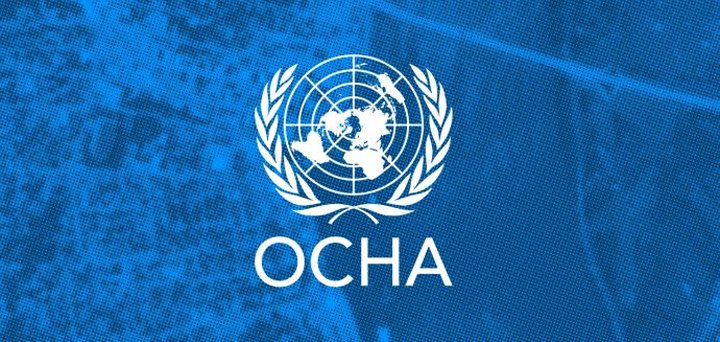By Asmau Ahmad
The Horn of Africa is struggling with a historic drought that threatens the lives of millions of people.
More funding is urgently needed for both emergency relief and long-term solutions.
Finland has also increased its support for the region.
Huge amounts of humanitarian assistance are currently needed in the Horn of Africa.
It was the main message that Gemma Connell, Head of the Office for the Coordination of Humanitarian Affairs (OCHA) Regional Office for Eastern and Southern Africa, had for her Finnish audience on October 4.
Connell was speaking at a briefing organized by the Ministry of Foreign Affairs from Nairobi, Kenya, through a remote connection.
Three countries in the Horn of Africa; Somalia, Ethiopia and Kenya – are suffering from a historic drought that is affecting the lives of more than 36 million people.
As many as 21 million people already face acute hunger, according to Connell.
Climate scientists and village elders say the drought is the worst in four decades.
“The drought has already lasted two whole years. The village elders had never seen such a severe and prolonged drought in their lives,” says Connell.
Not only has the rainy season failed twice a year, but temperatures have also been exceptionally high.
A similar combination of drought and high temperatures was seen in 2011 and 1984, when the Horn of Africa was hit by famine.
“It’s the horror we’re facing right now,” says Connell.
Disease, violence and child marriage Hunger is rarely the cause of death during famine.
“Most people die of diseases. We are already seeing an increase in cases of cholera and measles,” says Connell.
Every crisis exacerbates violence against women.
There is more intimate partner violence and the drought forces women to collect water from distances two to three times longer than normal, exposing them to a greater risk of sexual violence.
“Somalia is the face of climate change” The food crisis is exacerbated by inflation as a result of the war in Ukraine and by conflicts in the region that prevent aid from reaching its destination.
Connell and Ridley emphasize that the crisis is caused by climate change and that the people who suffer from it bear the least blame for climate change.
In Somalia alone, climate-related extreme weather events have tripled in the last 30 years.
“It makes life more and more difficult,” says Ridley. “Somalis are the human face of climate change.”
OCHA is now trying to get climate funds to help mitigate the hunger crisis.
“The Green Climate Fund, for example, now amounts to more than $40 billion, of which $2.8 million has already been used, and USD 10 billion is earmarked for different purposes,” he said.
And there are also other funds that need to be opened up and used to help these people who are trapped by climate change.” An important opportunity to exert influence is the COP27 Climate Change Conference in Cairo in November, and OCHA will promote this issue there.
“I don’t think we can prevent future crises, but we can mitigate their effects,” says Gemma Connell.
The next drought is likely to come before the region has recovered from it.
Connell says there are ways to prepare.
Land and soil use could be improved, and many are already doing so, but there is not enough funding for this work either.
“If there are no political decisions, people will have to leave their homes due to climate change,” says Ridley.
Finland supports humanitarian work and long-term solutions According to OCHA, the most important donor to the crisis is the United States, followed by the European Union and its Member States.
Finland is supporting the Horn of Africa by providing both immediate humanitarian aid and longer-term assistance, according to Sofie From-Emmersberger, Director General of the Department for Africa and the Middle East at the Ministry of Foreign Affairs.
“We have increased our humanitarian assistance to the Horn of Africa,” she says.
Finland is supporting various organizations operating in the region, such as OCHA, the UN Refugee Agency (UNCHR), the World Food Program (WFP), the Red Cross and Save the Children.
“Our funding is now €8.05 million and we are looking at ways to raise more money,” says From-Emmersberger.
According to From-Emmersberger, Finland is focusing especially on the most vulnerable groups, such as women, children and people with disabilities.
She emphasizes the importance of addressing the root causes of the crisis and finding long-term solutions.
It is important to support peace and prosperity, good governance, livelihoods, innovation and the resilience of societies.
“We also need to move forward on these tracks,” From-Emmersberger says.
As part of the European Union, Finland participates in two crisis management operations in Somalia.
In the field of diplomacy, Finnish Member of Parliament Suldaan Said Ahmed, who was appointed Special Representative on Mediation by Foreign Minister Pekka Haavisto, is currently reviewing how Finland could support dialogue between the different parties in Somalia.
“We have to work for the long term in general, and this has been the way of Finland for decades,” says From-Emmersberger.




